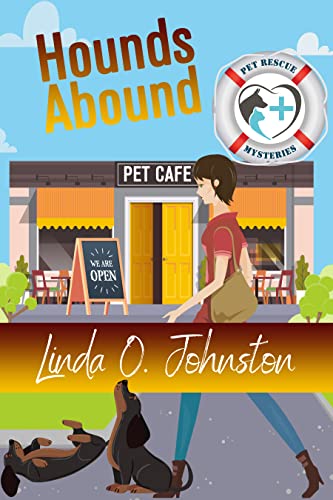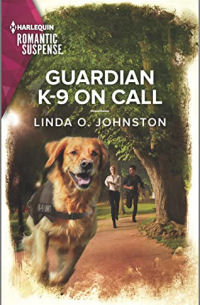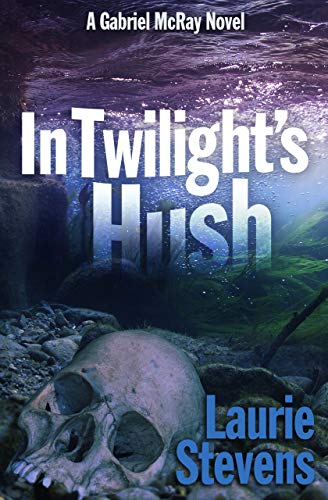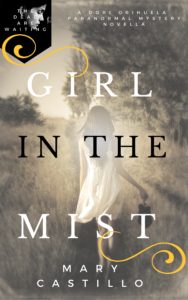Dear Extra Squeeze Team, Should I Quit Writing?
October 31, 2020 by The Extra Squeeze in category The Extra Squeeze by The Extra Squeeze Team tagged as Dear Extra Squeeze Team, inspiration, Should I Quit Writing, The Extra Squeeze Team, Writing Advice, writing help
Dear Extra Squeeze Team,
It feels like the entire world is telling me to quit writing…is this normal and what should I do? Should I quit writing?

Rebecca Forster
USA Today Bestselling author of 35 books, including the Witness series and the new Finn O’Brien series.
I am tempted to sit down beside you and just cry.
Instead, I’m going to tell you to buck up, bucko!
I know, I hated hearing that too, but we’ve all been there, done that. Instead of being the company misery loves, I’ll offer this. I sold my first three books and then spent years trying to sell another one. When I finally figured out what was wrong, there was no stopping me. I also had a good friend who was rejected 40 times, and when she finally sold a book her career took off. Every writer’s struggle is different and how we deal with it is too.
In my case, I defaulted to my comfort zone — analysis. I certainly could put a sentence together, but when I reread my rejection letters, I realized my storytelling was lacking. Instead of flying by the seat of my pants as I had early on, I now sought out ways to educate myself about structure. I also realized I was afraid to delve into my characters. They were cookie cutter, and I needed to be more invested in their lives. I asked myself if I was writing in the correct genre. When the answer was no, and I switched genres my career turned around. Finally, I asked myself if I understood the publishing businesses well enough to navigate it.
The bottom line was this I needed to learn a craft. Writing isn’t just something that happens magically. You need to stretch your creative and business muscles, learn the game, and then make it your own. Information is out there. Embrace it, understand it, and use it. If you’re having trouble being objective about your own work, seek out an editor. If you can’t afford an editor, find a mentor. If you can’t find a mentor, find a friend who loves to read and who is very honest to give you feedback. If the world is telling you to quit, figure out why, and then show the world they were wrong.

Jenny Jensen
Developmental editor who has worked for twenty plus years with new and established authors of both fiction and non-fiction, traditional and indie.
Do your level best to ignore those negative feelings —there’s probably few writers who haven’t felt doubt. Keep writing. Everyday. Storytelling is a craft and like every craft it takes practice to perfect. Rejection is a part of that process and is often the most instructive tool a writer can receive: why was the work rejected? Work on strengthening the weaknesses that caused the rejection. Same with healthy criticism.
Simple is not always easy, but it really is simple. If you want to write, then there is nothing that will stop you. Just keep on writing and improving, writing and improving even more.
H.O. Charles
Cover designer and author of the fantasy series, The Fireblade Array
Yes, it’s normal.
Commercially speaking, it’s very hard to know when to listen to the world and when to defy it. Sometimes great works are never appreciated until decades later.
Outside of money, if you feel you have to write, then it doesn’t matter what the world thinks. Most writers find their fingers tapping away at something regardless of negative reviews, poor sales etc. It has to be a hobby you enjoy before anything else.
Robin Blakely
PR/Business Development coach for writers and artists; CEO, Creative Center of America; member, Forbes Coaches Council.
Welcome to the world of writing.
It is completely normal to feel, from time to time, that this world has conspired against you and that it is secretly or not-so-secretly telling you to quit writing. This quitting option seems to present itself at critical moments repeatedly while creative people are wandering up the road less traveled.
When you feel this kind of despair, you have two simple choices: quit or don’t quit. If you decide to quit, perhaps you can imagine that the quitting is just for a while, not forever. Sometimes quitting for a period of time can be a pretty good choice if you are exhausted and burned out.
But, I would hope that you might choose to not quit. If you choose to carry on instead of quitting, perhaps you could take this juncture to step back for a moment and evaluate what is happening to make you feel this way.
Perhaps you have surrounded yourself with naysayers. If so, get away from them. Perhaps you have driven yourself to exhaustion with self-demands of perfection or self-expectations of production. If so, get some help from someone who can objectively reset those goalposts with you.
Everyone goes through stages and phases of battle weariness when fighting the unknown. Writers face a lot of unknowns and the most intense moments typically happen right before a breakthrough.

Ever wonder what industry professionals think about the issues that can really impact our careers? Each month The Extra Squeeze features a fresh topic related to books and publishing.
Amazon mover and shaker Rebecca Forster and her handpicked team of book professionals offer frank responses from the POV of each of their specialties — Writing, Editing, PR/Biz Development, and Cover Design.
If you have a question for The Extra Squeeze Team, use our handy dandy contact form.














































